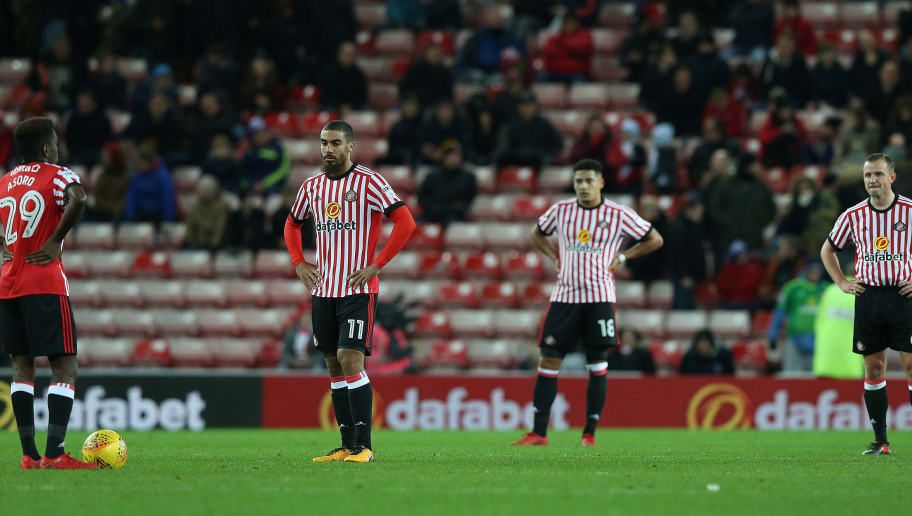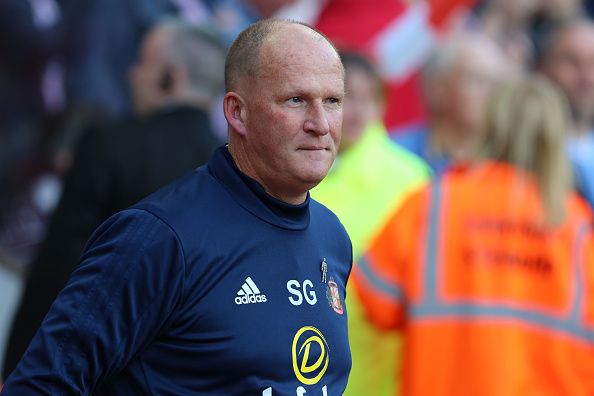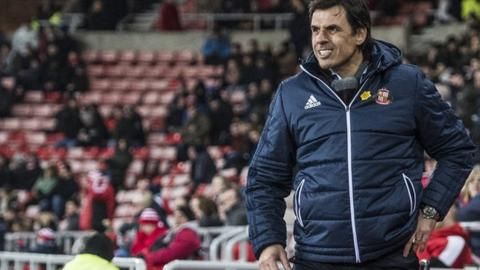The Fall And Fall Of Sunderland Afc
Apr 27, 2019 • 15 views
It’s the start of the 2017-18 season in the second tier of English football, the Championship. 24 teams battling it out in order to fight with the big boys of the Premier League the season after. The league is a gruelling one, with 46 matches played across 10 months, discounting the domestic trophies of FA Cup and Carabao (earlier Capital One) Cup. Sunderland, one of the big boys of the Premier League, who had continuously struggled and escaped relegation for the past few years, finally saw their luck run out in the 2016-17 Premier League season, taking down with them Hull City and Middlesbrough. Everyone however, expected them to climb back to the Premier League (the top two teams of the Championship get automatic promotion), not least their supporters who patiently stood with the team during difficult times, and shared their glories (the 2014 Capital One Cup final against Manchester City being a highlight). What conspired that season was something else.

The season started ominously, with the transfer of Academy goalkeeper Jordan Pickford to Everton. Needing reinforcements in practically every department, the club made some short term loan deals and a few free transfers, owing to a lack of willingness among players to join the club. The new signings did not exude much confidence among the supporters, however, they expected that performances will repel those fears. Under new manager Simon Grayson (pictured below), the club began in an okay manner that lasted for three matches, with a win and 2 draws, followed by a wretched run of results that culminated in just 2 wins from the first 14 matches. Supporters frequently vented their anger on the players, with chants such as ‘You’re not fit to wear this shirt!’ continuously being heard around the home ground.

Following a draw with Bolton, the management sacked Grayson, with caretaker manager Robbie Stockdale taking charge of the proceedings until a permanent solution was found. He was also unable to make a positive impact, and a fix was needed quickly. At the helm came Chris Coleman (picture below), the charismatic Welsh manager.

It’s easy to see why Coleman was hired. He helped the Welsh national team to the semi-finals of the 2016 Euro Championships, which was a massive achievement, seeing that they were the underdogs. Supporters at Sunderland, then, were confident that he was the right man to turn the tide. However, for a team whose best player for the season was loanee Lewis Grabban, who subsequently was recalled mid-season by his parent club Bournemouth, the club severely lacked in attacking prowess. Another one of their bright faces, also on loan, was Welshman Jonny Williams, who missed a crucial part of the season due to a severe injury. However, the team was able to arrest their poor form in the initial part of Coleman’s reign, with his first 8 matches yielding 3 wins and 2 draws, a good run for a club that had been so poor in the season. This period also kept them just above the relegation zone, at the 21st position. But then poor form hit again, with the next 13 matches bringing just 1 win and 6 points. The club never recovered, and was rock bottom of the league when the season ended. They were relegated to the League One, where they are doing well this season, with good chances of promotion to the Championship. However, the hard work remains, with the club knowing that their true place is the Premier League, and the club has a real fight on its hands.
